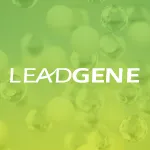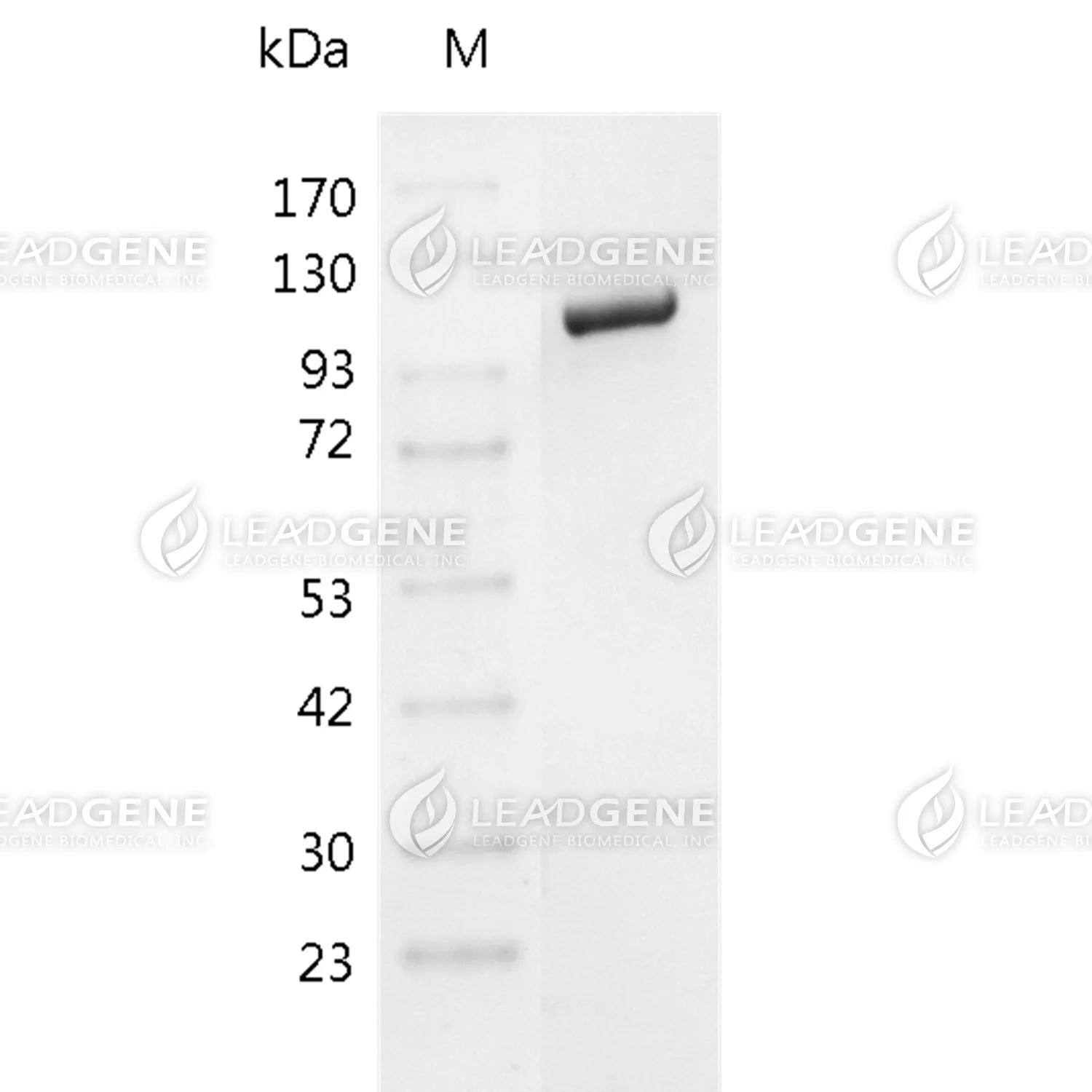Polymerase chain reaction (PCR) and reverse transcription-PCR (RT-PCR) are indispensable tools in molecular biology for amplifying specific DNA sequences. They are used in a variety of applications including gene cloning, gene expression analysis, and diagnostics. PCR utilizes short synthetic DNA primers, heat-stable DNA polymerase enzyme, and repeated cycles of replication to generate millions to billions of copies of the target DNA sequence. RT-PCR involves reverse transcription of RNA into complementary DNA (cDNA) using reverse transcriptase and amplification of the cDNA using PCR. Leadgene offers a comprehensive collection of high-quality PCR and RT-PCR reagents and master mix to ensure your results are accurate and sensitive.
11 results
Inorganic Pyrophosphatase (Yeast)
Catalog Number:
Package:10 U / Customized package
Description:Inorganic pyrophosphate (PPi) is generated as a reaction byproduct in many biosynthetic reactions which utilize ATP, including in vitro transcription and DNA polymerization. Inorganic pyrophosphatase (PPase) catalyzes the hydrolysis of inorganic pyrophosphate to orthophosphate (P₂O₇⁻⁴ + H₂O + PPase → 2HPO₄⁻²). PPase requires divalent metal cation (Mg²⁺) for its enzymatic activity.
Expression System:Escherichia coli
-
Carrier-free

N1-Me-pseudo UTP Sodium Solution (100 mM)
Catalog Number:
Package:100 μL / Customized package
Description:N1-Me-Pseudo-UTP is a modified nucleotide that offers unique capabilities in studying RNA biology. By incorporating N1-Me-Pseudo-UTP into RNA molecules, researchers can introduce specific modifications and investigate their impact on RNA structure, function, and interactions. This powerful compound enables precise control over RNA modifications, allowing for detailed exploration of RNA processing, splicing, and translation. N1-Me-Pseudo-UTP is driving advancements in understanding RNA-related diseases and paving the way for targeted interventions and novel treatment strategies.

Pseudo UTP Sodium Solution (100 mM)
Catalog Number:
Package:100 μL / Customized package
Description:Pseudo UTP is a modified nucleotide that enables precise RNA modifications and analysis. With its unique structure, pseudo UTP allows for the incorporation of pseudouridine into RNA molecules, mimicking natural post-transcriptional modifications. This versatile compound has extensive applications in studying RNA structure, function, and interactions. Researchers can use pseudo UTP to explore the impact of pseudouridine on RNA stability, translation, and gene expression. By harnessing the potential of pseudo UTP, scientists are uncovering new insights into RNA biology, paving the way for advancements in therapeutics, diagnostics, and synthetic biology.

T7 RNA Polymerase
Catalog Number:
Package:25,000 U / Customized package
Description:Bacteriophage T7 RNA Polymerase is a DNA-dependent RNA polymerase with high specificity for the T7 promoter. This enzyme catalyzes the 5’→3’ synthesis of RNA from DNA downstream from its promoter.
Expression System:Escherichia coli
-
Carrier-free

NTP Set, 100 mM Solutions
Catalog Number:
Package:1 mL*4 / Customized package
Description:The NTP Set consists of 4 separate 100 mM solutions of ATP, UTP, CTP, and GTP (pH 7.5) as sodium salts.

GTP Solution (100 mM)
Catalog Number:
Package:1 mL / Customized package
Description:Leadgene Guanosine-5'-triphosphate (GTP) is supplied as a 100 mM aqueous solution at pH 7.5.

CTP Solution (100 mM)
Catalog Number:
Package:1 mL / Customized package
Description:Leadgene Cytidine-5'-triphosphate (CTP) is supplied as a 100 mM aqueous solution at pH 7.5.

UTP Solution (100 mM)
Catalog Number:
Package:1 mL / Customized package
Description:Leadgene Uridine-5'-triphosphate (UTP) is supplied as a 100 mM aqueous solution at pH 7.5.

ATP Solution (100 mM)
Catalog Number:
Package:1 mL / Customized package
Description:Leadgene Adenosine 5'-triphosphate (ATP) is supplied as a 100 mM aqueous solution at pH 7.5.

S-adenosylmethionine (SAM)
Catalog Number:
Package:50 μL * 10 vials (set) / bulk
Description:SAM (S-Adenosyl-L-methionine) is vital for cell function and survival, involved in metabolic pathways like transmethylation, transsulfuration, and polyamine synthesis. It also affects restriction enzyme cleavage. SAMe has been extensively studied for depression, osteoarthritis, and liver diseases, exploring its therapeutic benefits.

